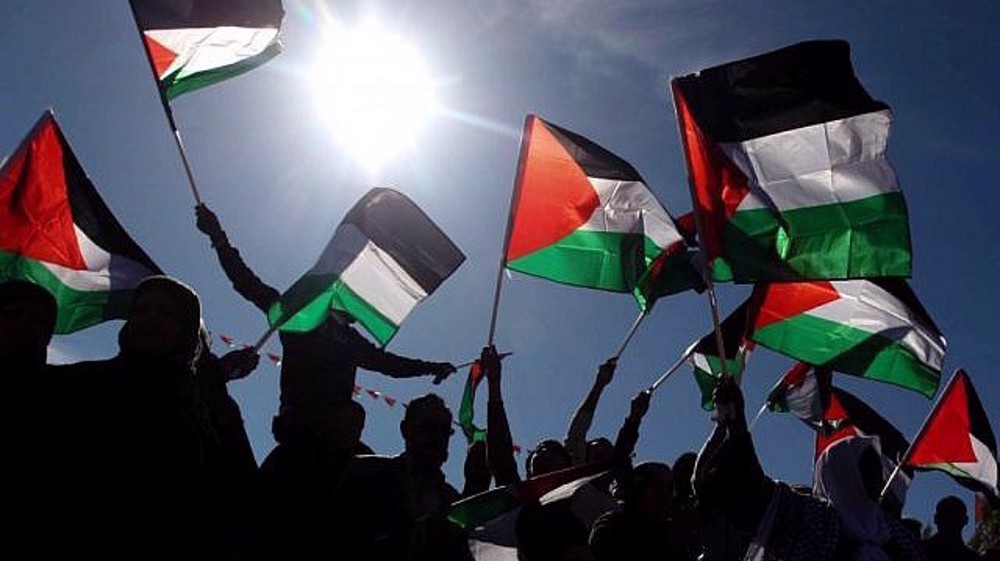Japan, US begin 18-day joint naval maneuvers amid tensions
Tokyo and Washington have launched joint live fire drills on a northern Japanese island, at a time of escalating tensions in Southeast Asia and amid rising fears of a potential conflict between the US and North Korea.
More than 2,000 US Marines plus some 1,500 Japanese troops are joining the 18-day maneuvers, which kicked off in the Eniwa area on Hokkaido Island on Monday.
The live fire drills are part of the so-called Northern Viper 17 military exercises regularly conducted by Japanese and American forces.
“This exercise is extremely important because we have very limited opportunities to come together with our Japanese counterparts in a large scale to conduct this type of training,” said the US commanding officer, James Harp.
“We need to continue training like this to better protect the region from its adversaries,” he added.

The wargames are taking place amid concerns over an imminent confrontation between the US and North Korea after the two sides traded a new barrage of military threats.
US President Donald Trump threatened last week to unleash America’s “fire and fury like the world has never seen” on North Korea if Pyongyang continued its missile and nuclear programs.
Trump renewed his threats in a tweet days later, saying “military solutions” were “locked and loaded” for use against Pyongyang.
His aggressive remarks prompted Pyongyang to hit back and announce plans to launch missile strikes on an area near the US Pacific territory of Guam.
The plan to fire “four Hwasong-12 intermediate-range strategic ballistic rockets” would be ready by “mid-August,” said commander of the Strategic Force of the Korean People’s Army Kim Rak-gyom.

The tiny island is home to major US air and naval facilities. Authorities warned residents on Saturday to prepare “for an imminent missile threat.”
Japan on Saturday deployed some of its land-based missile interceptors known as Aegis at its Self Defense Forces (SDF) bases in three of the four prefectures, over which any North Korean missiles would likely fly en route to Guam.
A Japanese military spokesman said the missiles were being deployed not to intercept missiles, but rather “just in case.”
The missile system is said to be able to track 100 missiles simultaneously and fire interceptors to take out the enemy’s ballistic projectiles.
OIC condemns Israel’s war crimes against Palestinians in Gaza
Iran FM slams reported EU plans to impose sanctions on IRISL
VIDEO | Press TV's News Headlines
Lebanon army says Israeli attack kills two soldiers in south
Iran launches renovation project at its main oil export terminal
Trump's re-election will not affect Iran-China strategic ties: Leader’s aide
VIDEO | Jordan hunger strikers demand resumption of Gaza aid distribution
VIDEO | Activists: Amsterdam violence highlights Western hypocrisy









 This makes it easy to access the Press TV website
This makes it easy to access the Press TV website